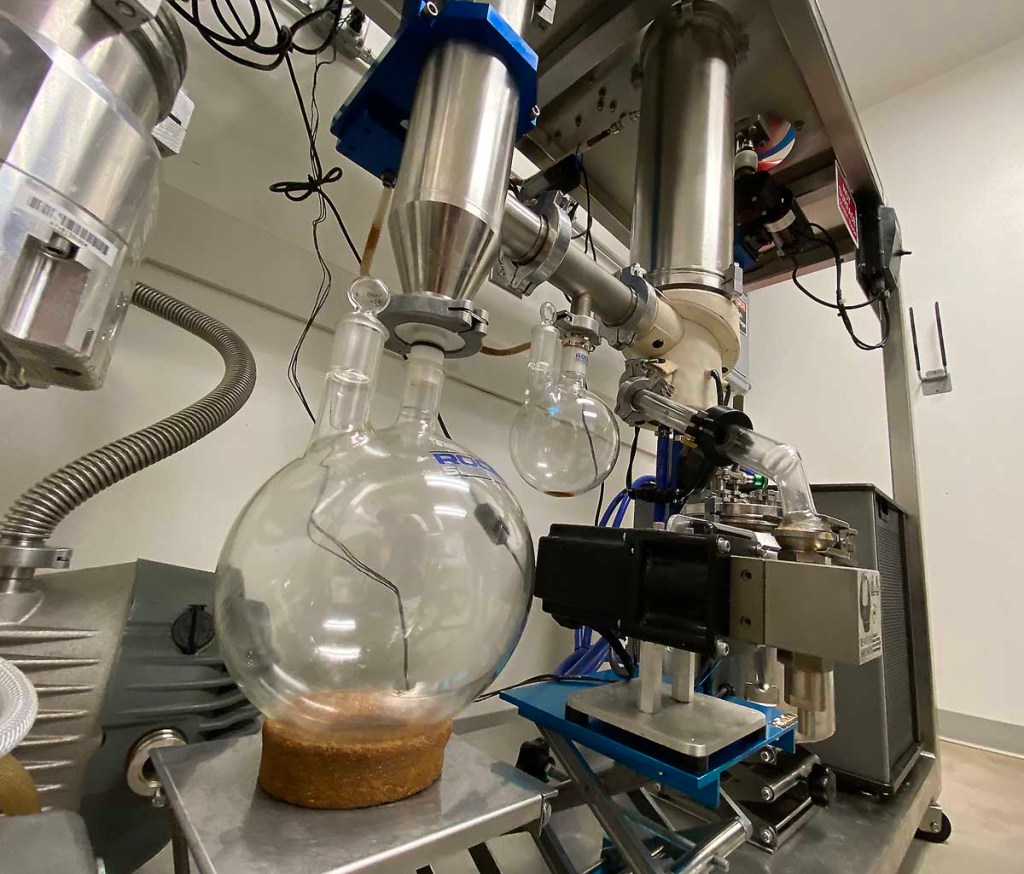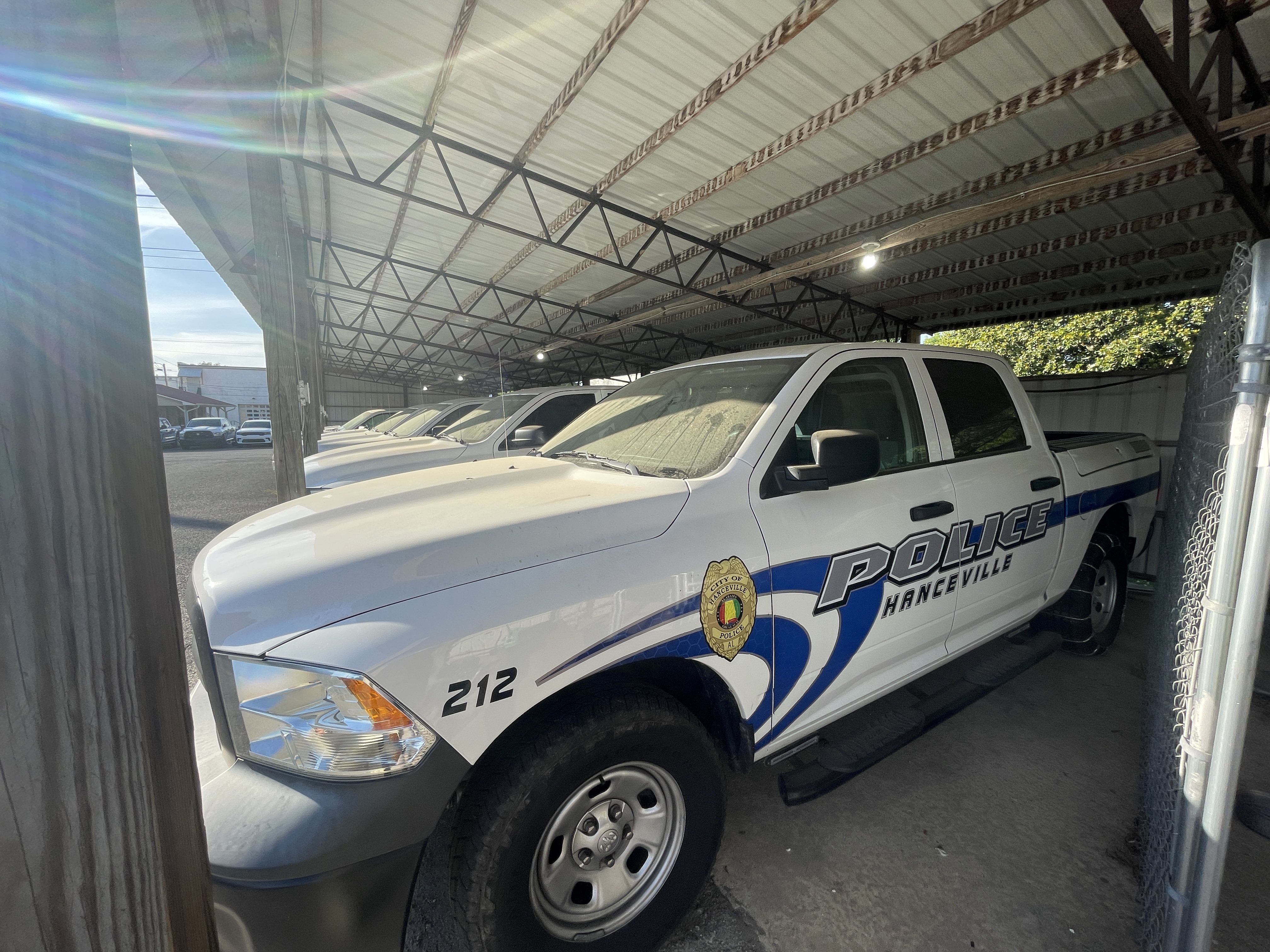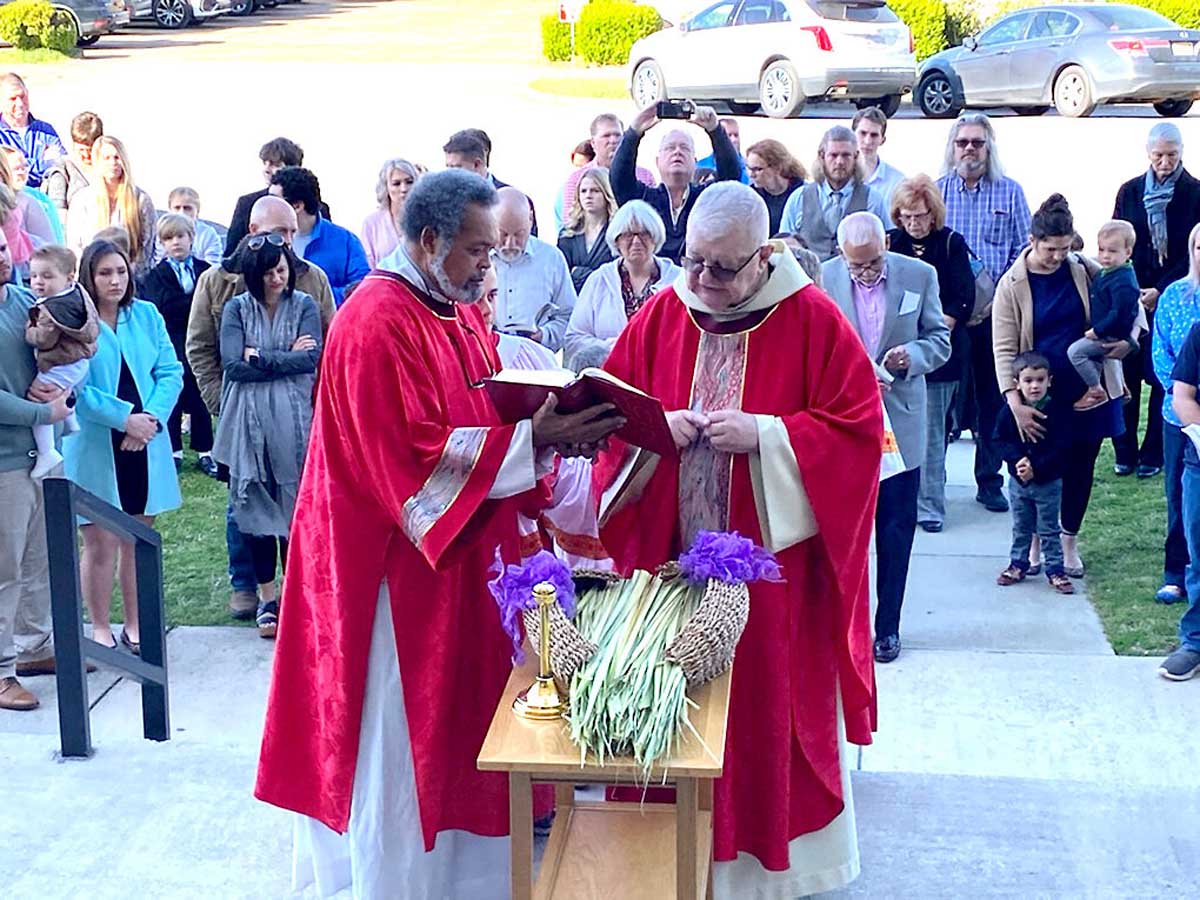Commission clears path for medicinal cannabis facilities in Cullman County
Published 9:30 am Thursday, July 21, 2022

- Distillation equipment used to refine product is seen in July 2022 at Wagon Trail Hemp Farms in Dodge City. The business has operated a hemp processing facility — minus the production of medicinal cannabis — since 2019.
Local government won’t stand in the way of businesses seeking a stingily administered, state-issued license to operate medicinal cannabis production and dispensing services in Cullman County.
At its regular meeting this week, the Cullman County Commission approved the legal production and sale of cannabis-derived medicinal products throughout unincorporated Cullman County, following on last year’s passage of the Darren Wesley “Ato” Hall Compassion Act by the Alabama legislature.
The new state law legalizes the manufacture and sale of medical products derived from cannabis that has been cultivated in Alabama, provided that it’s only accessible to registered qualified patients who obtain the products from licensed facilities that process, transport, test, and/or dispense medical cannabis in accordance with the tightly-written Act. The law also leaves final discretion on whether such businesses can open locally in the hands of municipal governments, rather than mandating that each Alabama county provide a legal means for them to operate.
Though the commission’s approval theoretically affords a level playing field for businesses to establish a production or dispensary presence in the county, Alabama’s comparatively restrictive legislation means only five such businesses statewide will be granted initial licensing when the first round of licenses are issued by a 14-member state regulatory body next year.
Among the businesses hoping to meet the early requirements is Wagon Trail Hemp Farms of Dodge City, which has operated a hemp processing facility — minus the production of medicinal cannabis — since 2019. Wagon Trail managing partner Joey Robertson said Wednesday that the commission’s decision removes a significant remaining hurdle, as his business readies its licensing application to the state.
“It represents a huge milestone for us,” said Robertson. “We’ve worked extremely hard. [The commission’s approval] was not required by the state law; it’s not a pass-through measure on their part. There will be a lot of local governments that do turn this down. Fortunately, Cullman County is not one of them.”
Commission chairman Jeff Clemons said local leaders generally agree that the law’s restrictive language, as well as the potential economic upside, have assuaged anecdotal concerns over the potential presence of a cannabis production facility or dispensary in the county. “Our measure allows them to apply to the state for a license — but it doesn’t mean that they will get one,” Clemons said. “That’s a separate process, and there are a lot of restrictive steps involved.”
Any dispensary that operates in Alabama will be limited only to selling cannabis derivatives to patients who have been “recommended” a treatment under the supervision of a “registered certifying physician,” according to the Alabama Medical Cannabis Commission (AMMC), the newly-created state board tasked with overseeing the law’s enactment.
“It specifically does not allow any recreational use,” said Clemons. “It’s for medical purposes only, and it’s very highly regulated. There has to be 24-hour security, steel doors, constant monitoring, and heavily controlled access. There’s accountability at every step.”
If Wagon Trail is granted a state license, said Robertson, its Cullman County facility will meet or exceed every AMMC requirement. “There have to be cameras covering every square inch of the facility, with facial and voice recognition. There have to be three-inch steel doors to separate access into any area … The main new addition to what we’re already doing would be that extra security, and addressing personnel needs.”
If Wagon Trail successfully navigates the lengthy licensing process, its expansion into production would create “a minimum of 30 good-paying jobs,” added Robertson. “Our intention is to create good jobs, while also providing good, clean, quality medicine at affordable prices to the patients who are licensed to receive it. We intend to make sure that we’re doing everything the right way from start to finish.”
Alabama’s law expressly forbids the production or sale of cannabis derivatives for recreational use, and places specific restrictions on the forms in which legal medical cannabis can be sold and consumed. Smoking or vaping isn’t permitted under the law, nor is the consumption of food products. Because all instances of in-state cannabis cultivation must first be approved by the AMMC, business that receive a license likely won’t have approved products available for sale until the summer of next year at the earliest.
Anyone interested in the regulations, can find it at amcc.alabama.gov.





